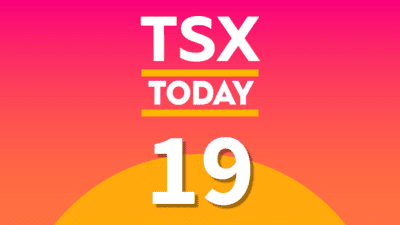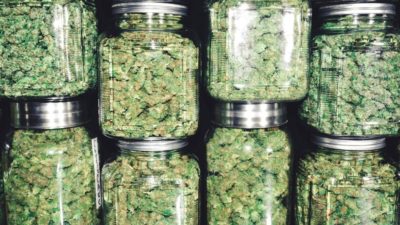Valeant Pharmaceuticals Intl Inc. (TSX:VRX)(NYSE:VRX) has certainly had better days. As little as six months ago, the company was the darling of the exchange with countless outlets documenting its meteoric rise to the point where it had the largest market cap on the exchange.
How the mighty have fallen.
The company currently trades at just over $42, which is down nearly 70% year to date and down 83% over the course of the past 12 months. For the sake of comparison, the stock topped off at $347.84 last August. Ouch.
What happened to Valeant?
Valeant had what was seen as an extremely lucrative business model at the time. The company would acquire cheap loans, which it would then use to acquire drug companies that were undervalued or on the verge of a big release. Once in control, Valeant hiked prices of those drugs and added them to its ever-growing, massive distribution network.
Essentially, Valeant was able to bypass the entire research and development phase of the drug-making process and use those funds to buy companies that had already done the work. Money made from increased drug prices would be used to finance additional purchases and the cycle would continue.
Amazingly, this worked for quite some time and let the company grow at an incredible rate.
Unfortunately for the company, it hit a roadblock as drug prices could only go up so far and debts continued to mount.
Reality set in
Earlier this year, the company announced it wouldn’t go after any new deals for drug companies, opting to focus all its energy on addressing the company’s massive debt. Valeant even revised profit targets for year; it did so multiple times as the true impact of prior actions was exposed.
Valeant also postponed submitting financial filings on the realization that an audit of the past two years would need to be restated. This delay opens up the possibility of a debt default on an amount that could be as high as $30 billion.
Valeant CEO Michael Pearson, who was hospitalized for much of the crisis, spent more than nine hours this week in a Senate committee, which is investigating the company’s practices with respect to drug pricing. Adding to this, a public congressional hearing is now scheduled for April 27 to discuss the matter.
Can Valeant survive?
It can survive, but the company needs to pay down the staggering $30 billion in debt. The options the company has to pay down that debt are few, but one seriously being considered is the sale of some non-core assets. This would buy the company the time needed to become leaner, more efficient, and hopefully grow.
Valeant has some very attractive assets; Bausch & Lomb come to mind. The company was acquired by Valeant for $11 billion and could be sold for upwards of $20 billion. However, given the value, potential revenues, and exposure the brand represents, it would be unlikely that Valeant sells Bausch & Lomb.
Another potential option is Xifixan, which is a gastrointestinal drug. Estimated sales of that drug alone could top $1 billion annually, but this could drop considerably as generic alternatives are released to the market.
Investors looking at Valeant’s stock price may be inclined to grab some of the stock at the current depressed level. Granted, there is something to be said to the fact that the company still owns an impressive portfolio of drugs and a massive distribution network that will provide revenue. The truth of the matter, however, is that the company is an extremely high-risk investment at this time.
In my opinion, far better options can be found in the market.







